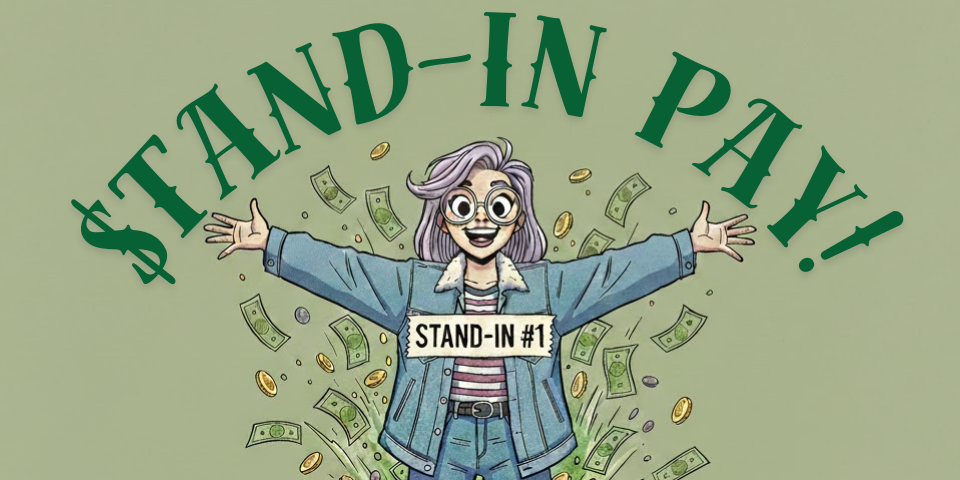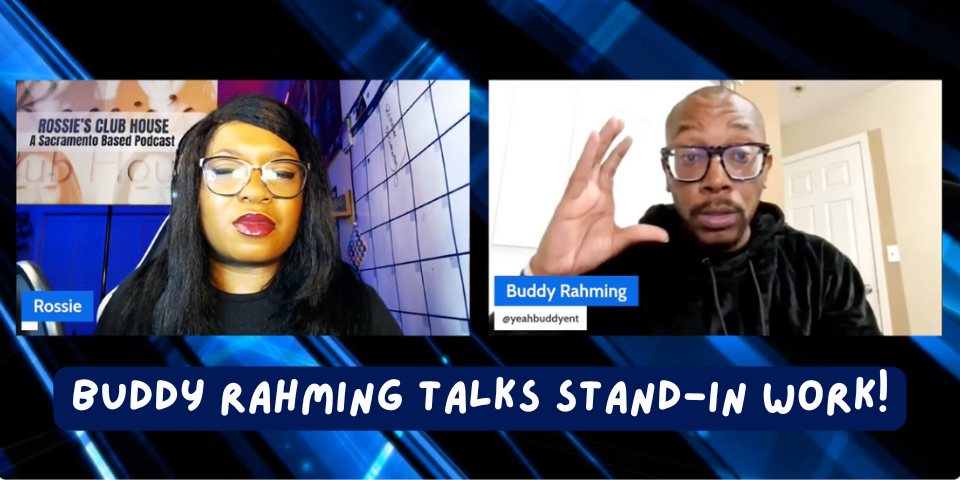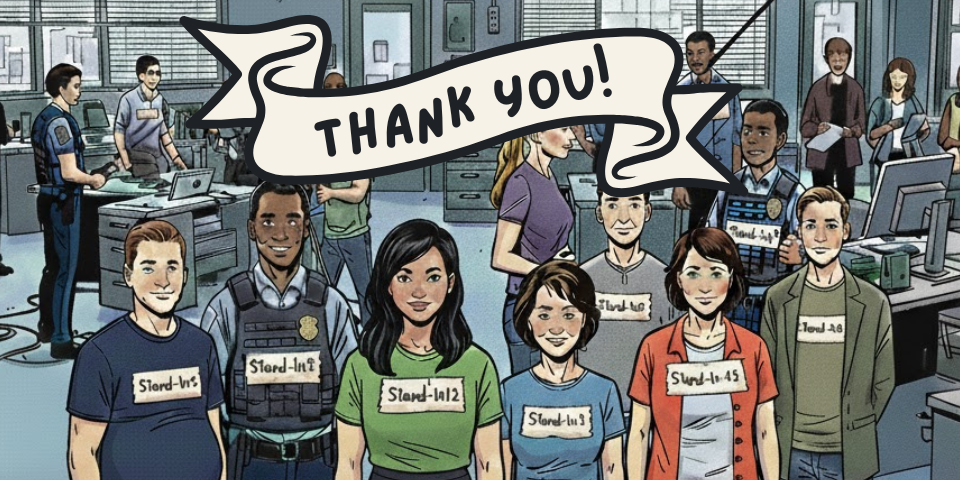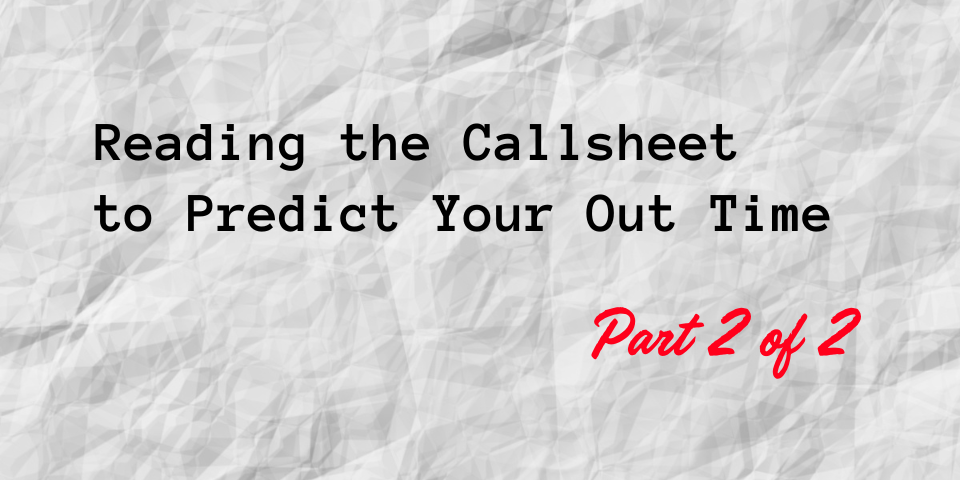I once worked the first day on a production starring a controversial actress, and the stand-in I was working with that day openly expressed negative opinions about the actress.
This stand-in seemed to me strangely unaware that the actress could be standing right behind him. He also seemed unaware that other people on this production probably cared about her.
This is to say that sometimes stand-ins arrive on set, thinking that they are in a bubble. They may openly express to other second-teamers their opinions about cast, crew members, or entire productions on which they are working.
Of course, if these opinions are positive, the opinions are probably just fine. But if these opinions are negative, they can prove problematic — especially if someone who knows somebody is listening to them.
Here are some things to consider when feeling the urge to express your opinions when working as a stand-in.
You Are Now Inside the Production World
For most of us, we express our opinions about what we see on television or in the movies in the comfort of our homes. We criticize actors, directors, productions, etc., with almost no threat of upsetting those actors, directors, productions, etc.
The trouble comes when people go to work on a production and forget that they have left the comfort zone of their homes. Stand-ins may show up to work and criticize the production they’re on, the actors or directors with whom they’re working, etc., and they might do this as if not to realize that they are working on the very production they are criticizing, sometimes within earshot of the targets of their opinions.
The problem for the stand-in likely comes from feeling a bit outside of the production world, when in truth, working as a stand-in, you have moved inside it. Reminding yourself that you are on a production and not at home may curb the desire to express your opinions when standing in.
You Are Part of a Creative Team
When you are inside the production world, you will be amid a number of working professionals. In theory, while some of them privately may have little interest in their jobs, they are all creatively working together as a team to make the script a reality.
If you enter a production as a stand-in and express lots of criticism about the production or about people working on it (like actors or a director), you set yourself apart from the endeavor of realizing the creative project. In a sense, you get in the way of the demanding pursuit of creating a film or television show.
While your criticisms aren’t likely to change the direction of a production, they could mean that if you express something negative about the production around the wrong person, you are out of a stand-in job.
Keep in mind that you are part of a creative team when you are standing in, and that as part of a team you are expected to work as a team player. Doing so may curb your desire to express negative opinions when you’re standing in.
The People You Work with Are Humans, Not Notions
Perhaps because celebrity can make some people in television and film seem larger than life, or perhaps because of their talent or responsibility they inspire awe, notable people on set like producers, directors, actors, et al., may seem more like notions than humans. However, fundamentally, they are all still human.
And since they are all human, they may be sensitive to criticism of their work. It is not as if you are in a forum on set where you can express your negative opinions about someone’s creative work as you would with friends after watching a show.
Remember that the people you are working around when you stand in are not notional, but emotional. They may react to your negative opinions about their work should they hear you talking. One of those reactions may include getting you terminated.
Little People May Know Big People
Just because someone isn’t very powerful on set or very good at his job, doesn’t mean that person isn’t special on a particular production. Sometimes people working on set may be there because they were invited by someone in production to be there, despite their level of experience.
For example, an actor, a director, an AD, a DP, et al., may ask someone to work as a stand-in on a particular production. While that stand-in may not be the best stand-in or seem very connected, that stand-in nonetheless got the job via a powerful on-set connection. That connection may not even be publicly known.
If you started to express negative opinions to that stand-in about the person who brought that stand-in on the job, you may find your own stand-in job in jeopardy should that stand-in somehow relay your negative attitude upward. Or, you may find yourself embarrassed should you express negative opinions about someone on the crew only to find out that it’s a dear friend of the stand-in.
Knowing that people are aligned and connected in ways that aren’t always public may keep you from expressing unsolicited negative opinions.
Summary
There is little that expressing negative opinions on set can do to help you do your stand-in work. Holding negative opinions on your job may keep you miserable on the job — and expressing those negative opinions could leave you without a job, even wrecking professional relationships.
Despite that all, sometimes the urge to express your opinions is overwhelming. If they’re negative, consider some of the above ideas to see if you should find a better outlet for your frustration.
Do you know horror stories of stand-ins expressing their opinions on set? What surprising on-set connections have you discovered when working as a stand-in? Share your experiences below!
Discover more from Stand-In Central
Subscribe to get the latest posts sent to your email.






Leave A Comment